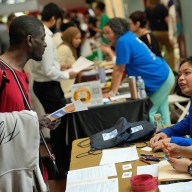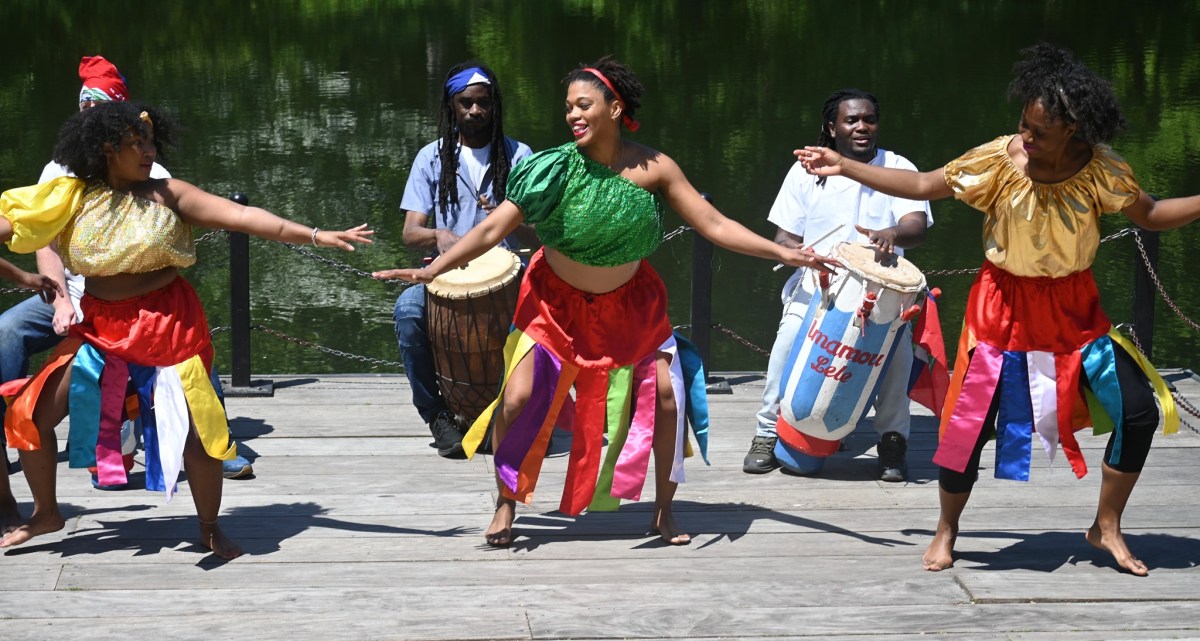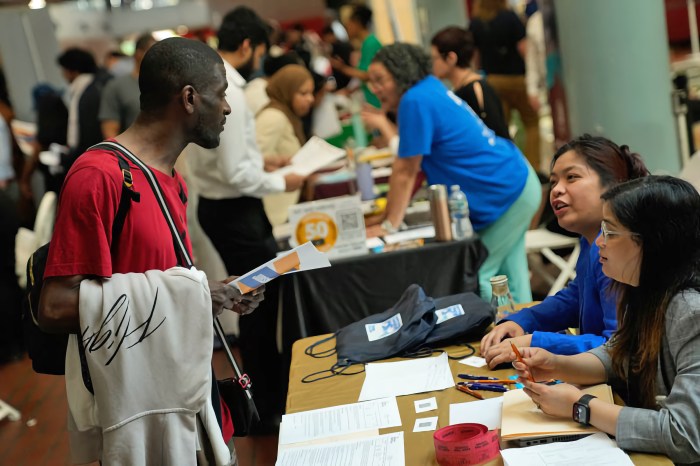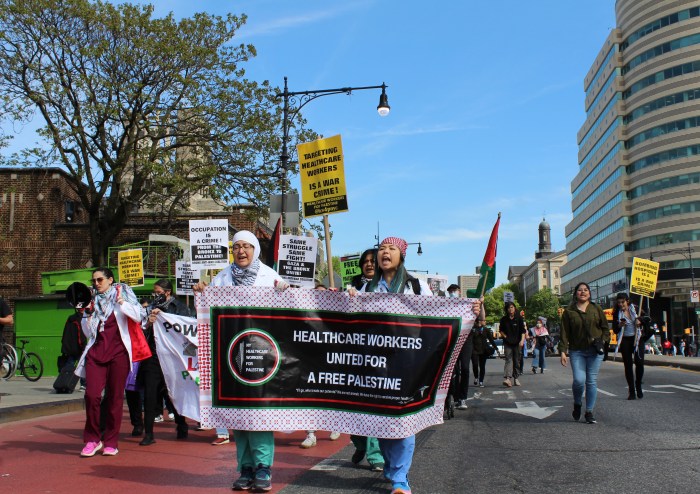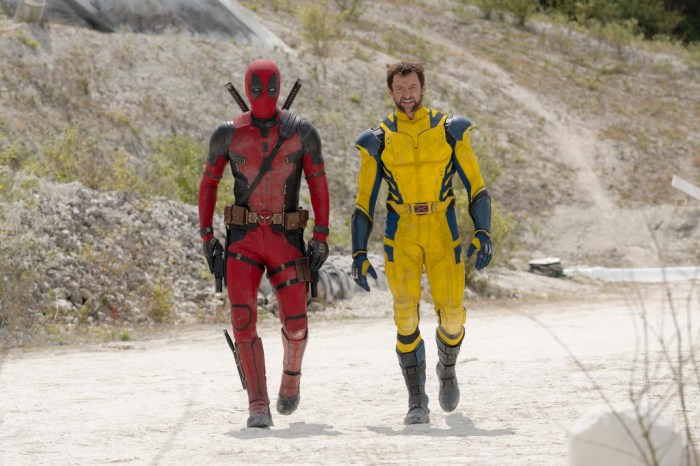Using a special clause in Guyanese law allowing prosecutors to indict someone for a piracy attack in another country, local police have charged a fisherman with murder committed in the neighboring Caribbean Community nation of Suriname late last month that killed 15 of 20 crewmen.
Nakool Manohar called “Fyah,” 39, is alleged by police to have been the mastermind of an April 27 murderous attack on boats fishing off the Surinamese coast as revenge for the murder of one of his brothers in Suriname.
Divisional Commander Lyndon Alves Thursday said Manohar made his first court appearance at a border town magistrate’s court near his home late Wednesday and will return for a second hearing on June 13. He was slapped with one count of murder but was already on remand for two alleged high seas piracy attacks near Suriname in 2015 and 2016. He was not required to enter a plea.
He could get the death penalty on both charges if found guilty.
The men were allegedly attacked by crews under the control of Manohar while fishing in five boats off the Surinamese coast. Not much in terms of fish catch, engines and equipment were taken from the men, leaving investigators and prosecutors to think along the lines of murder rather than the normal high seas pirate attack which is common between CARICOM’s two largest nations. Dozens of fishermen have been either killed or robbed in waters between the two nations in recent decades and dozens of attackers are serving extended sentences in both nations.
Commander Alves said Guyanese police invoked a special clause in “the anti piracy act to charge him with a crime in another country. All the people we interviewed pointed a finger at him. All can’t simply be wrong and more charges are coming.”
Five of the 20 fishermen either made it to shore or were rescued by passing vessels.
Some of those rescued named Manohar as the mastermind, as their attackers had allegedly told them why their boats were being attacked just after dusk on April 27.
Survivors say some of their colleagues were bound hand and feet with boat batteries, anchors and other heavy equipment and dumped overboard. Police say this might well explain why the majority of bodies have not washed ashore in either of the two countries.
Suriname’s fishing industry is dominated by crews from Guyana. Most of them live and work there illegally but talks between the two governments in the wake of the attacks will result in the status of most of them be regularized.








